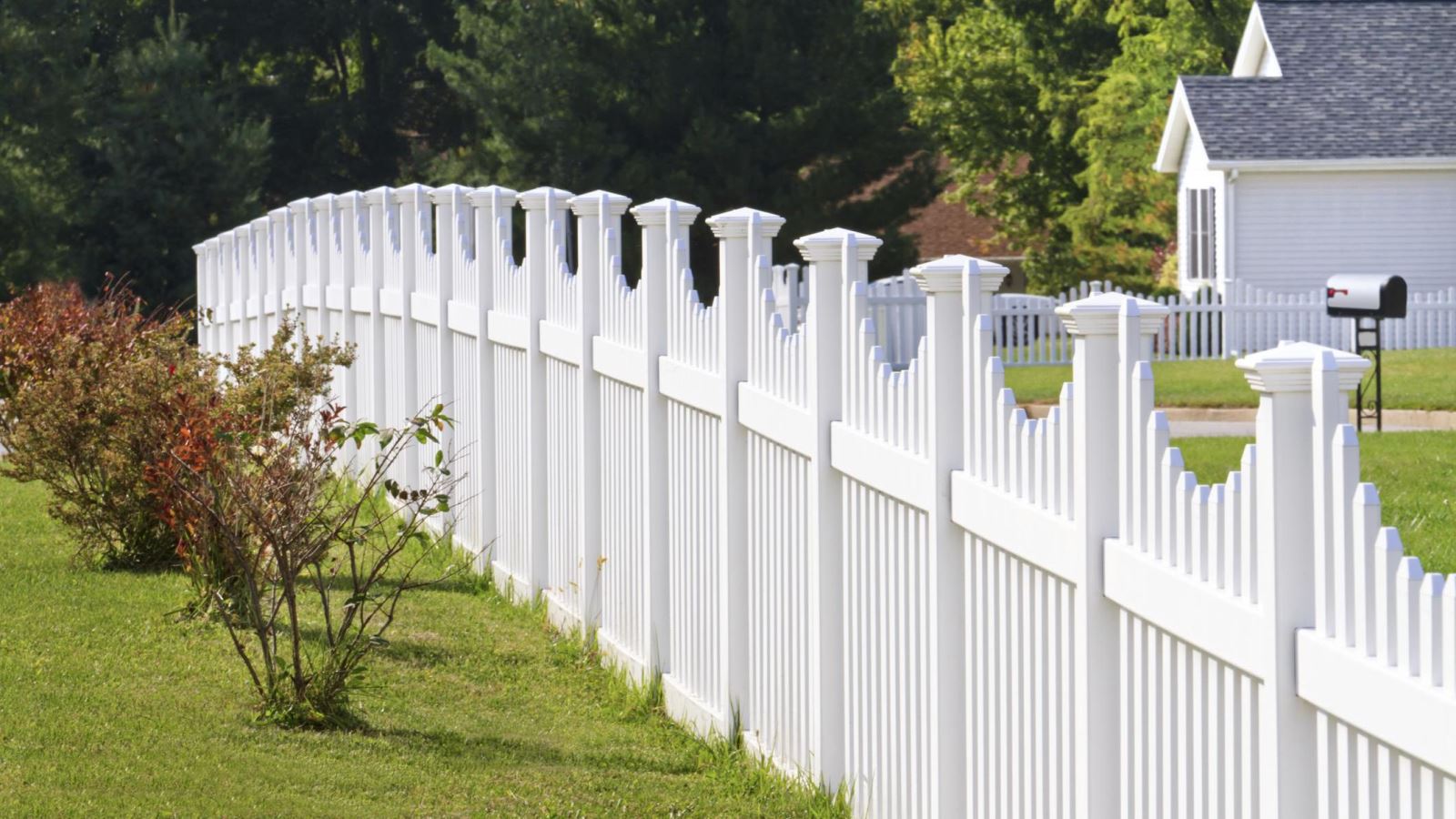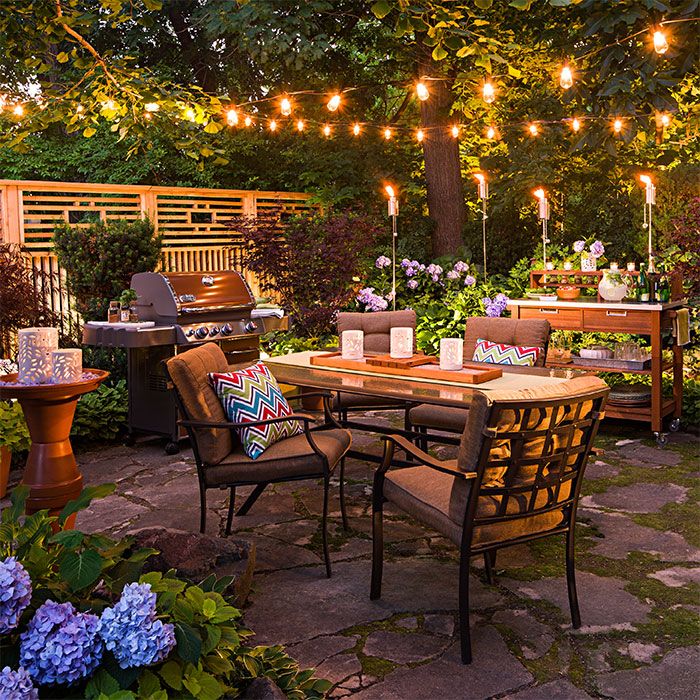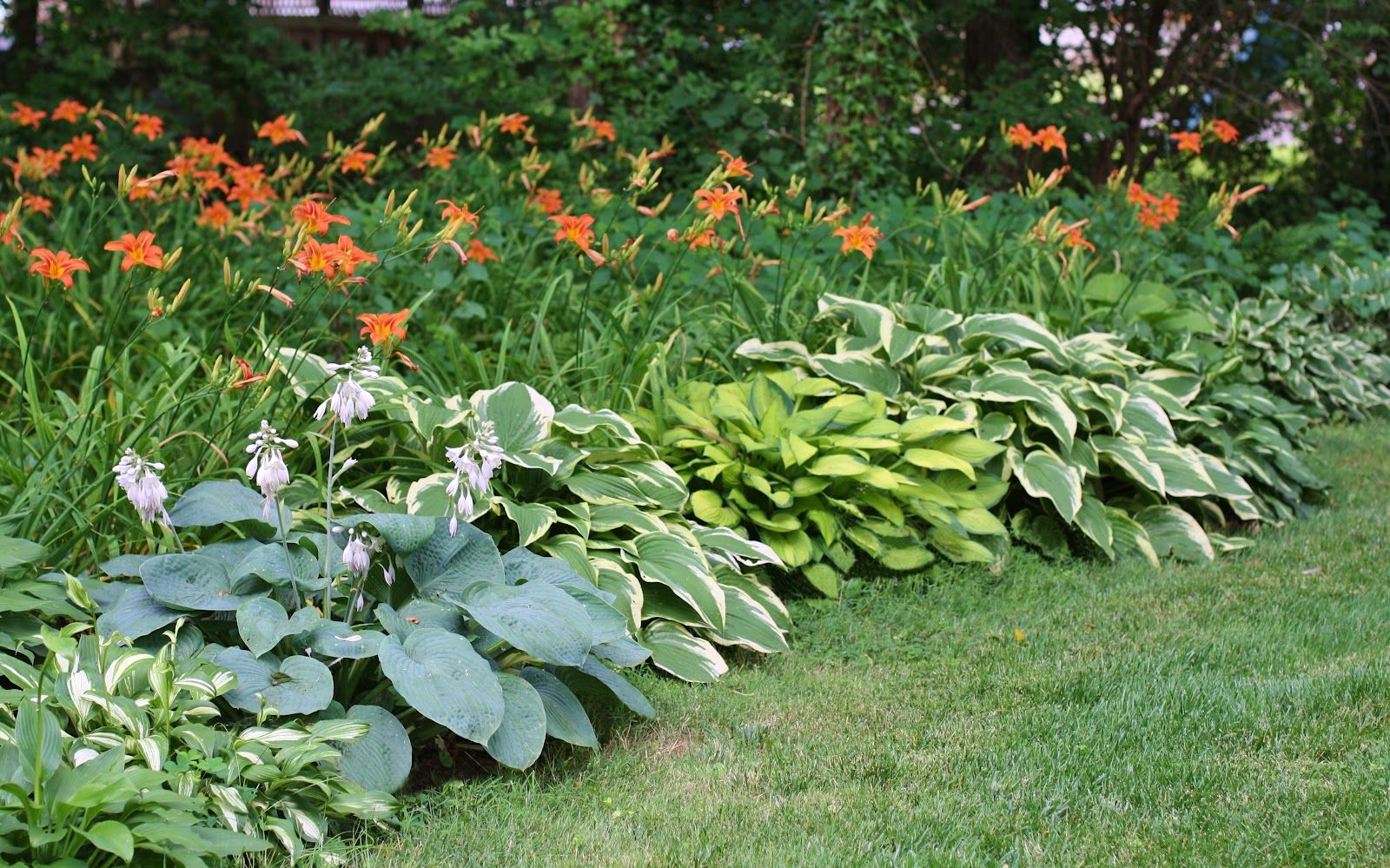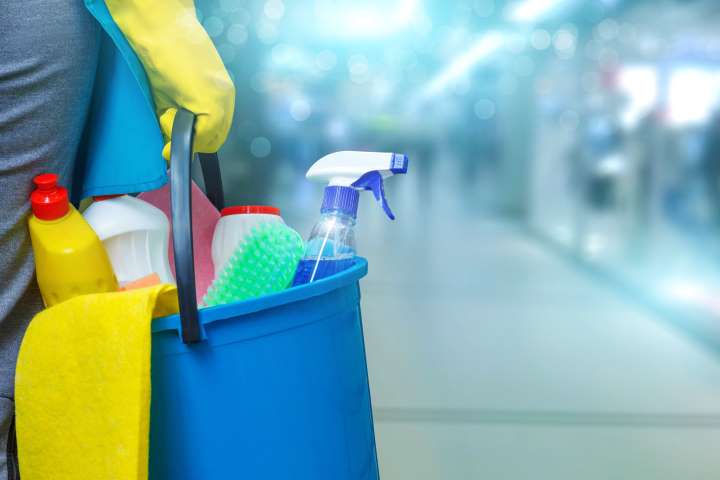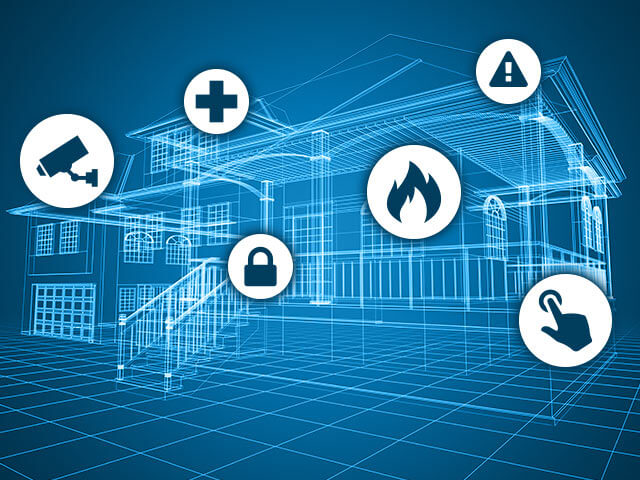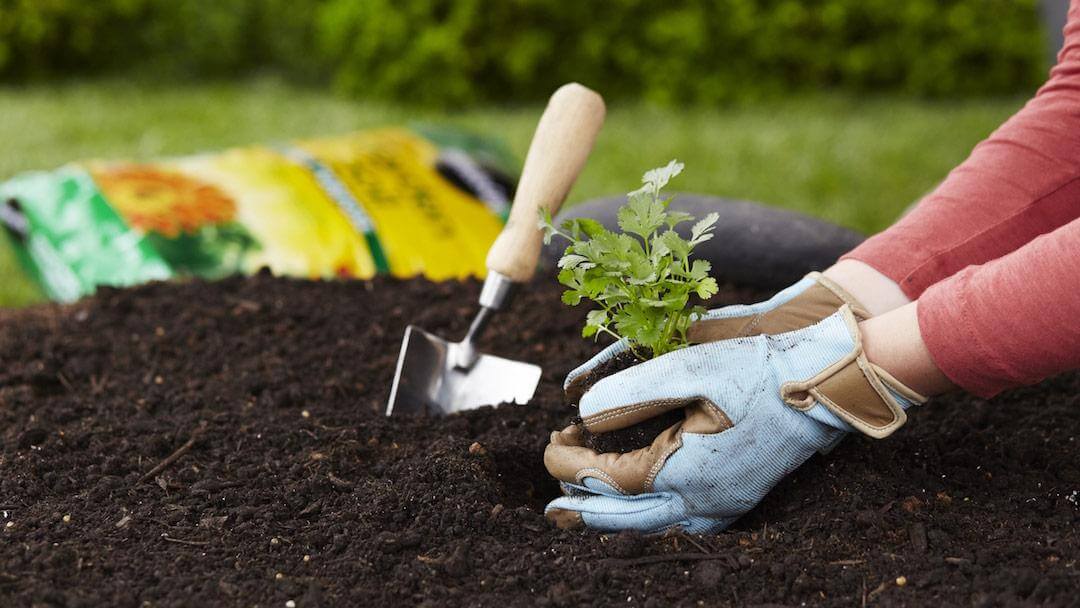Home Maintenance Checklist for Fall 2020

Colder days will soon be here, so why not take care of a few maintenance jobs while the daylight hours are still long enough to get plenty accomplished? Getting things ready for the Winter days ahead will be easy with these tips:
Outdoors
-
- Make it easier on yourself and rake or vacuum fallen leaves as they come down. Mulch leaves for your compost pile or call your local waste management for curbside pickup.
-
- Check trees for dead or diseased branches and trim them back. As they go into their dormant phase, there is less chance for the diseases to spread after trimming. Call an arborist if the job is too daunting.
-
- Many plant trees in the Springtime, but Fall is a better time. The tree’s roots do not have to compete with the heat, they get plenty of water from the Autumn rain, and can settle in and get established.
-
- Dethatching the lawn is best done now before the grass goes into dormancy. You will reap the benefits with a healthy lawn next Spring.
-
- Before storing them in the garage for Winter, service and store the mower, string trimmer, and any other lawn tools you may use.
-
- Inspect walkway and driveway surfaces, looking for cracks, and seal them with an approved sealant. Snow and ice can cause the surfaces to bulge, causing a falling hazard.
-
- Fall is a great time to paint the exterior of your home, thanks to moderate temperatures and lower humidity.
Indoors
-
- Have your heater serviced by a professional. Ask if they offer a yearly fee for a checkup on your unit at set times of the year; this could save you some money in the long run.
-
- Check doors and windows for drafts, and seal with caulking or insulation strips. Screens should be replaced with storm windows, if applicable.
-
- See that your chimney is free of creosote to prevent fires. A licensed chimney sweep would be the best for making sure your home and family are safe from chimney fires.
-
- Now that it is not sweltering, venture into the attic and give it a good cleaning. Be on the lookout for any insulation issues, and replace or repair, if needed. Be sure that pests cannot get inside and spend the winter in your attic!
-
- Wash and/or air out heavy blankets and quilts to get them freshened up for use.
Some of these jobs may seem cosmetic or unnecessary, but as a homeowner, it is more about being responsible. Home maintenance--indoors as well as outdoors--is critical for protecting your home’s value, as well as for your comfort.
Courtesy of New Castle County DE Realtors Tucker Robbins and Carol Arnott Robbins.
Photo credit: angies list

